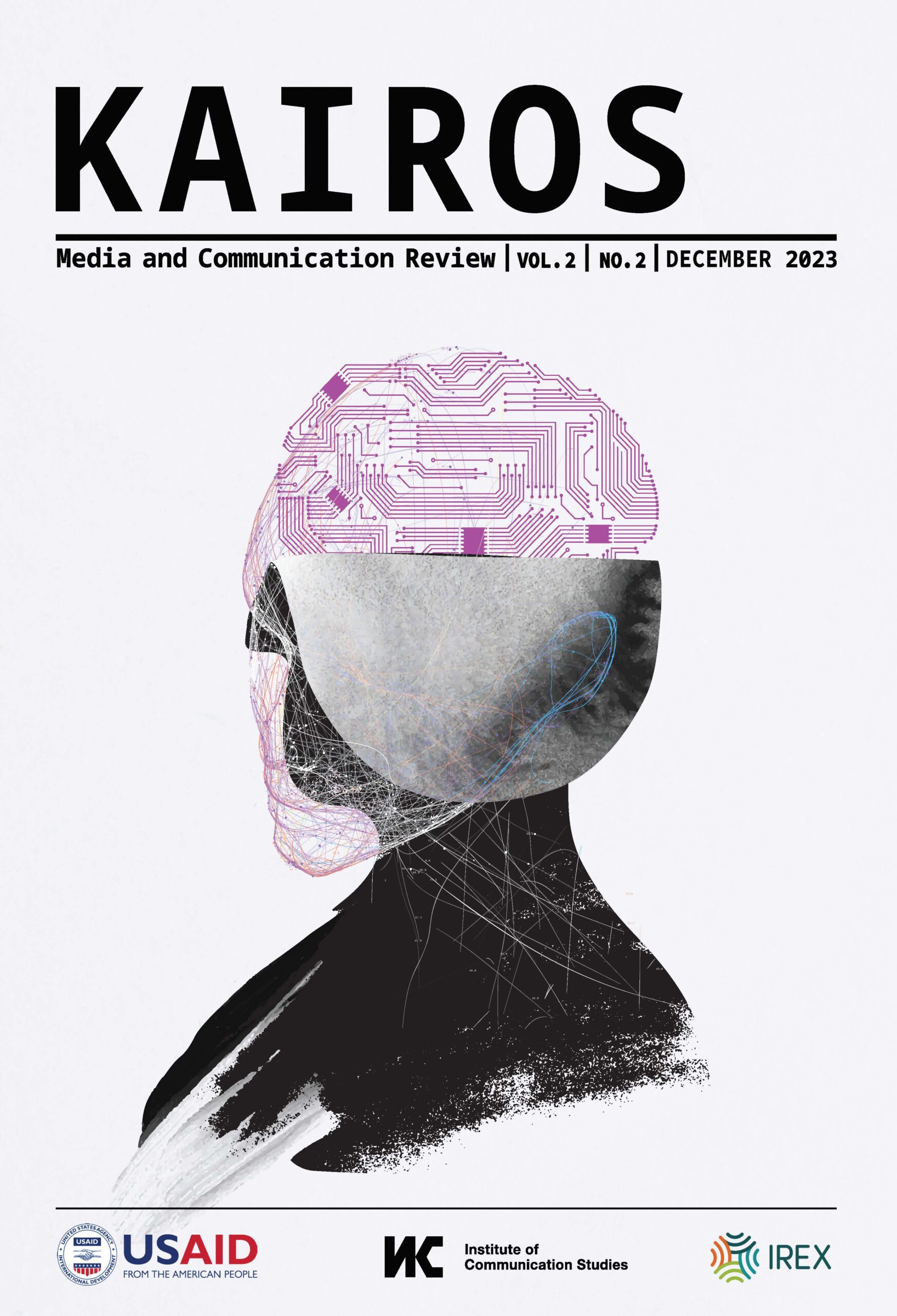FOSTERING MEDIA LITERACY IN THE AGE OF AI: EXAMINING THE IMPACT ON DIGITAL CITIZENSHIP AND ETHICAL DECISION-MAKING
FOSTERING MEDIA LITERACY IN THE AGE OF AI: EXAMINING THE IMPACT ON DIGITAL CITIZENSHIP AND ETHICAL DECISION-MAKING
Author(s): Aleksandra HristovskaSubject(s): Media studies, Ethics / Practical Philosophy, ICT Information and Communications Technologies
Published by: Institut komunikaciskiih studija
Keywords: media literacy education; artificial intelligence; AI-driven media; critical thinking; ethical decision-making
Summary/Abstract: In today's interconnected and technology-driven world, examining the impact of artificial intelligence and digital media on individuals' understanding and engagement with information is imperative. This research aims to explore the intersection between these mediums and investigate the role of the media literacy education in the context of AI and the digital media. By doing so, the study seeks to understand how promoting critical thinking and ethical awareness can enhance individuals' abilities to navigate the digital landscape responsibly. The research questions explore how the media literacy education contributes to the critical thinking skills and ethical decision-making among individuals interacting with AI-driven media, the potential risks and challenges associated with AI in creating and spreading disinformation, and how the media literacy interventions can mitigate these risks. The methodology for this research will be divided into three parts. The first includes a literature review to examine existing research on media literacy, AI, digital citizenship, ethical decision-making, and analysis of case studies. The second incorporates online surveys with individuals, to assess their media literacy levels, critical thinking abilities, and ethical awareness. The third part employs an experimental approach, involving the creation and dissemination of a simulated fake news article generated by AI. The goal is to observe and analyse the reaction of the individuals, and the extent of fact-checking conducted in response. Expected outcomes include identifying the impact of the media literacy education on critical thinking, ethical decision-making, and digital citizenship in the context of AI-driven media, understanding risks and challenges posed by AI in disinformation creation and spread, highlighting the relationship between the media education and the civic engagement, addressing ethical considerations and proposing AI integration guidelines for media literacy education, and offering recommendations for enhancing and sustaining media literacy initiatives amidst rapid AI advancements.
Journal: KAIROS: Media and Communications Review
- Issue Year: 2/2023
- Issue No: 2
- Page Range: 39-59
- Page Count: 21
- Language: English

